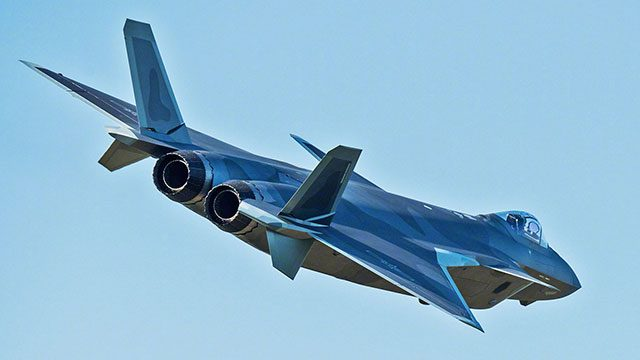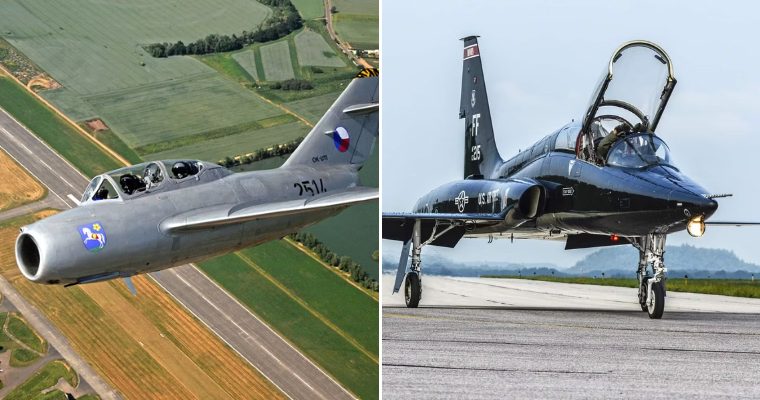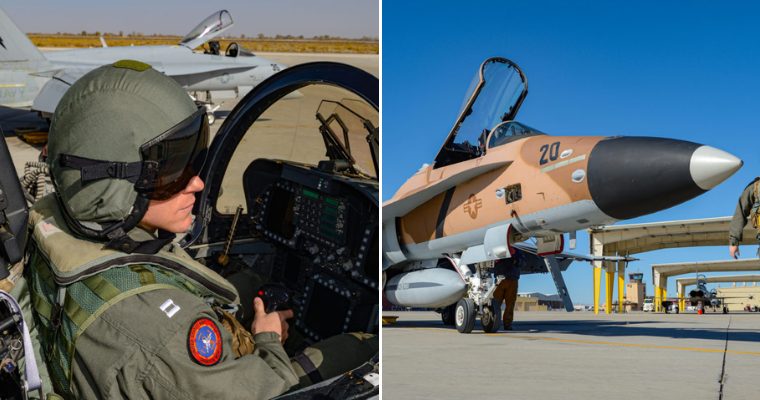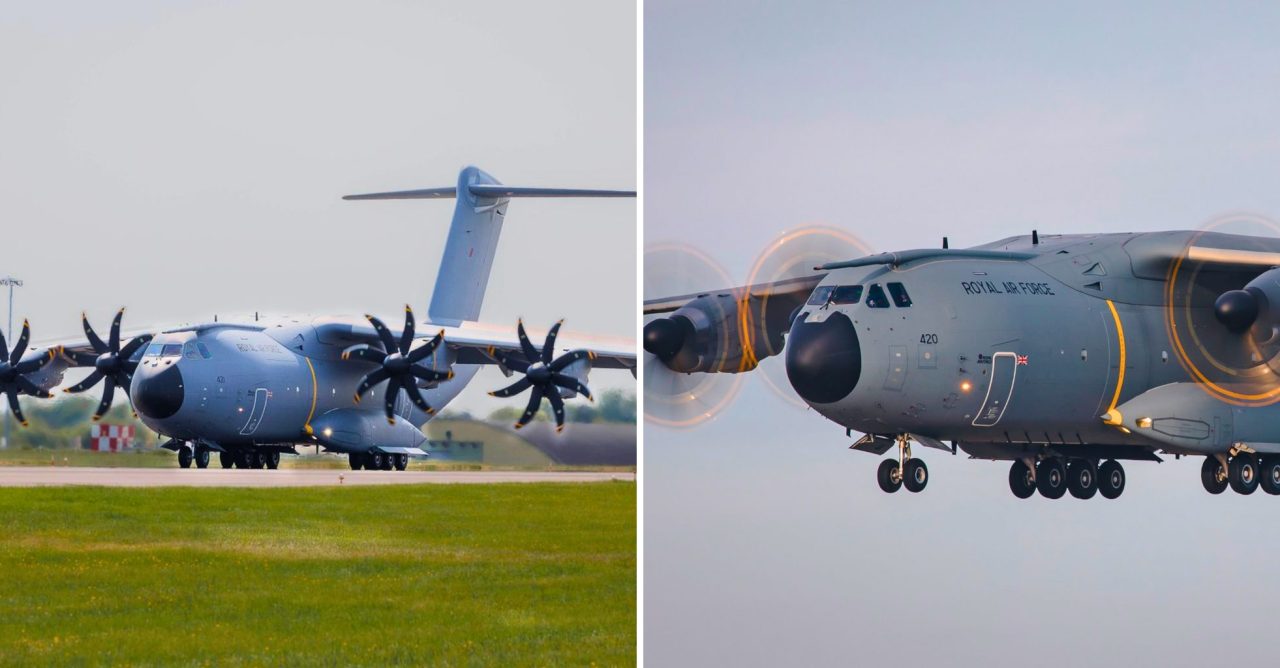Starting next year, China will begin phasing in its latest WS-15 engine on the fifth-generation Chengdu J-20 Mighty Dragon stealth fighter. The second half of 2024 is said to be when this will happen.
The reason for such claims is the latest test of the J-20 with the WS-15. It was done at the end of March, and at the beginning of April, the first photos from the test appeared. By the way, it is the last photos that are the most clearly taken of all so far, which confirm the testing of the new engine. According to some media reports, the WS-15 has already entered serial production.
The most recent test that was documented shows the use of a second J-20 prototype. A J-20 with a WS-15 engine was reportedly first spotted in the sky early last year. Despite the many sightings of this test, China has not provided clear pictures, leading to mixed opinions and speculation. But Beijing officially confirmed that their stealth fighter was tested with this power unit.
The engines of the J-20
According to open data, the Chinese People’s Liberation Army [PLA] Air Force has at least 200 J-20s in its inventory [not including the six prototypes]. Some of them are powered by the Russian AL-31FM2 engine. These are the first fighters to come off serial production since the end of 2016 and the beginning of 2017. However, China never liked this engine, so sometime in 2019 they integrated their WS-10C sometime in mid-2019.
The WS-10C showed good performance but was not enough for the capabilities of the J-20. Beijing decided to begin final testing and integration of the WS-15, which not only had to meet expectations but also brought the fighter to its “best years.” In fact, WS-15 has been in development since the 1990s, but only recently has it made serious technological progress.
What will the WS-15 do to the J-20?
It turns out that the biggest development challenge of the entire J-20 stealth program is the engine itself. Asian experts claim that this engine is a technological marvel. These comments of course mostly come from claims inaccessible to Chinese media.
The WS-15 is supposed to be the best engine in its class, challenging the world’s other two mass-produced fifth-generation stealth fighters, the US F-35 and F-22. The WS-15 has an afterburner thrust of approximately 19 tons, which will give the J-20 more thrust than any other fighter class in the world. For comparison, the American F-22 Raptor powered by the F119 has a thrust of 17.5 tons.
In China, they claim that the avionics of their J-20 is much more advanced and modern than that of the two American stealth fighters. It is the WS-15 that is expected to provide more power for onboard sensors and other avionics. This engine should make China’s Mighty Dragon more maneuverable and power future-directed energy weapons.
A modification of the J-20
As we said, the penultimate test of the Chinese power block was in December 2022. However, according to unconfirmed information, China used a new version of the J-20 – a modified one. However, then, firstly, the photos were not clear, and secondly, Beijing was silent about some features.
Now there are also no official statements from the leadership of the PLA, but several claims have appeared. One of them is that the WS-15 will provide much higher supersonic speeds without the use of afterburners. In comparison, the current J-20 WS-10C engine also reaches supersonic speed without afterburners, but they are low.
If this information is confirmed, it means that within a few months, China has been able to modify the J-20 fighter to make better use of the engine improvements.
The status of the J-20
Beijing has been developing its fifth-generation stealth fighter for a long time, but at the same time, it is quickly mass-producing it. In 2021, the J-20 entered serial production, and by now China already has 200 fighters.
If we look at these numbers and compare them with all the aircraft in the world, only the F-35 as a foreign fighter is produced at a faster rate. The other is the J-10C, but it is single-engined, also indigenous, and in a completely different category. China is said to be capable of producing 40 launchers per year.
The F-35 and J-20 have already met in the air. This happened last year in March over the East China Sea.
Source: defence.pk



![Close up of J-20 with WS-10C engine. [1093 × 919] : r/WarplanePorn](https://preview.redd.it/c11zmv7cu2c81.jpg?width=1093&format=pjpg&auto=webp&s=afdab1f7c1f204283b06058b5e322cf96b8c49e6)








